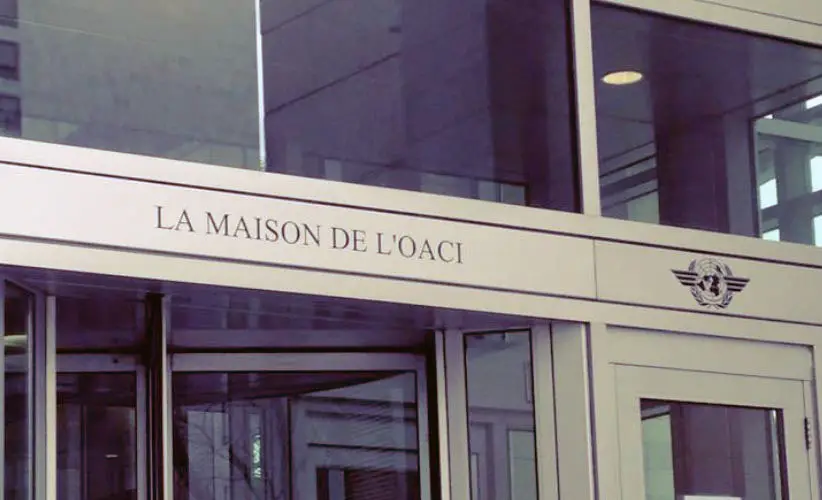
Since 2001, IFATCA has been a Permanent Observer on ICAO’s Air Navigation Commission (ANC). It has allowed the Federation’s long-standing contributions to the ICAO process to evolve. With the creation of the IFATCA Liaison Officer to the ICAO Air Navigation Commission (ANC), IFATCA has become an integral part of developing ICAO standards. This contribution allows the Federation to reflect on its objectives in developing global aviation procedures.
Exceptional groundwork was required over many years to establish the Federation as a respected aviation knowledgebase. It took the support of the IFATCA Executive Board to make our ICAO participation an organisational priority and the commitment from our Member Associations to fund the position and ensure that we are a daily presence at ICAO. Particular recognition goes to Andrew Beadle, former IFATCA EVP Technical and the first IFATCA ANC representative. Ruth Stilwell progressed Andrew’s excellent work, and now Jean-Francois Lepage maintains the high standards required of persons in that role.



